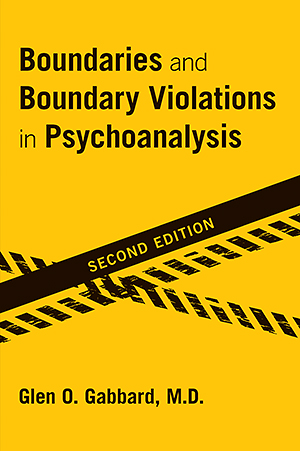Chapter 10.Impact on the Victims
Sections
Excerpt
One of the most tragic chapters in the history of psychoanalytic boundary violations has been the neglect of the victims. The historical trend has been to cover up the damage and ignore the pain, guilt, grief, and rage characteristic of those who have survived boundary violations. Those patients who dare to break the silence have sometimes been blamed for the bad behavior of their analyst. Moreover, reports by patients of what happened in analysis have traditionally been suspect. As one analytic teacher said to me decades ago, “Analysands are not the most reliable sources of information about what an analyst said or did. It’s called transference.” In addition, even when one had a reasonably clear memory of an incident in an analysis, the interpretation of its significance and/or meaning might have been contested by the two parties who were witness to it.
Access content
To read the fulltext, please use one of the options below to sign in or purchase access.- Personal login
- Institutional Login
- Sign in via OpenAthens
- Register for access
-
Please login/register if you wish to pair your device and check access availability.
Not a subscriber?
PsychiatryOnline subscription options offer access to the DSM-5 library, books, journals, CME, and patient resources. This all-in-one virtual library provides psychiatrists and mental health professionals with key resources for diagnosis, treatment, research, and professional development.
Need more help? PsychiatryOnline Customer Service may be reached by emailing [email protected] or by calling 800-368-5777 (in the U.S.) or 703-907-7322 (outside the U.S.).



